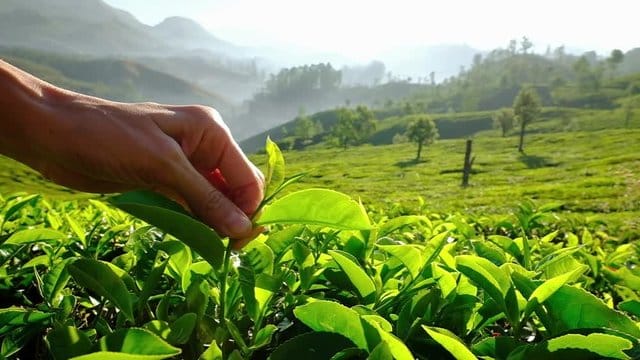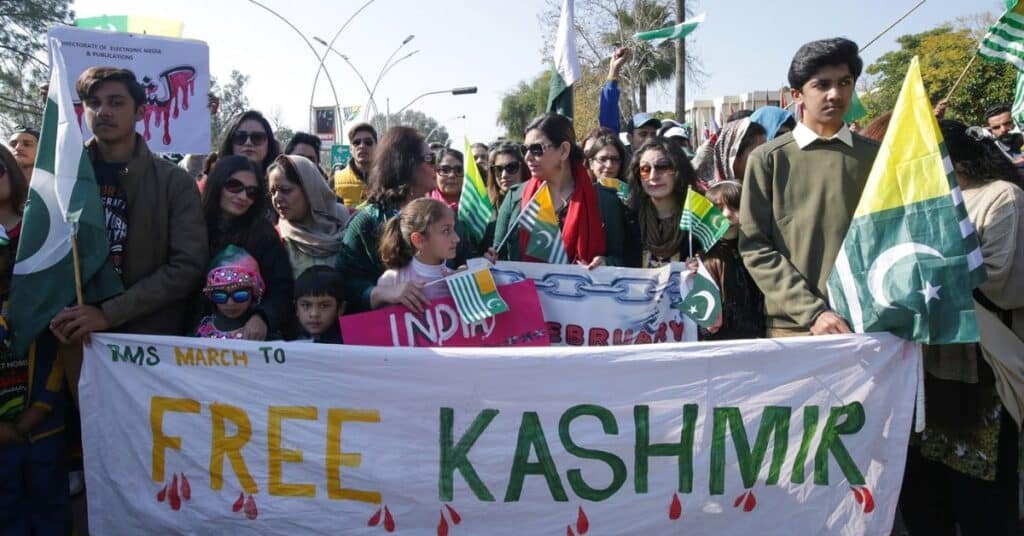Every possible step is being taken to promote the tourism vision of Chief Minister Khyber Pakhtunkhwa, Ali Amin Khan Gandapur. Under the same vision, Khyber Pakhtunkhwa is set to pioneer tea-based tourism in Pakistan as the province takes steps to transform its scenic tea-growing regions into vibrant hubs of eco-tourism and agri-tourism. Despite spending billions annually on tea imports, Pakistan holds vast potential for domestic tea cultivation, particularly in the northern districts of Shinkiyari (Mansehra), Shangla, Upper Swat, and Upper Dir, where the climate and soil are ideally suited for tea plantations.
In a formal meeting with a delegation from FAO Pakistan, Secretary of Culture, Tourism, Archaeology and Museums, Dr. Abdul Samad, said that the provincial government is working on an innovative model of Tea Tourism to unlock this potential. The delegation included Ms. Kiyal, Head of UN FAO; Mr. John Snell, FAO International Tea Consultant; Mr. Mujeeb ur Rehman; and Dr. Khurshid, Tea Consultant, who met the Secretary at his office.
During the discussion, Ms. Kiyal and Mr. Snell informed the Secretary about the golden opportunities in Pakistan’s tea sector, ranging from production and marketing to linking tea cultivation with eco-tourism ventures.
Dr. Abdul Samad explained that eco-friendly huts and guesthouses would be established at tea garden sites in Shinkiyari and other districts, providing visitors with comfortable accommodation as well as the unique opportunity to engage in tea plucking and processing. He said this initiative would not only enhance the visitor experience but also open new avenues to promote Pakistan’s tea industry at national and international levels.
He added that guided tours through lush green plantations, cultural evenings showcasing local traditions, crafts and cuisine, and educational visits for students and researchers focusing on sustainable agriculture would form part of the tea tourism model.
Dr. Samad emphasized that the project would reduce Pakistan’s reliance on imported tea, generate employment opportunities for local communities, and add a distinctive new dimension to Khyber Pakhtunkhwa’s tourism portfolio. He further highlighted that it would empower local residents by engaging them in hospitality, guiding, and small-scale tea-based industries, while promoting environmentally sustainable practices.
Concluding the meeting, Dr. Samad stated that the Shinkiyari Tea Gardens would serve as the pilot project, paving the way for expansion into other suitable districts and positioning Khyber Pakhtunkhwa as a national trailblazer in tea tourism.





